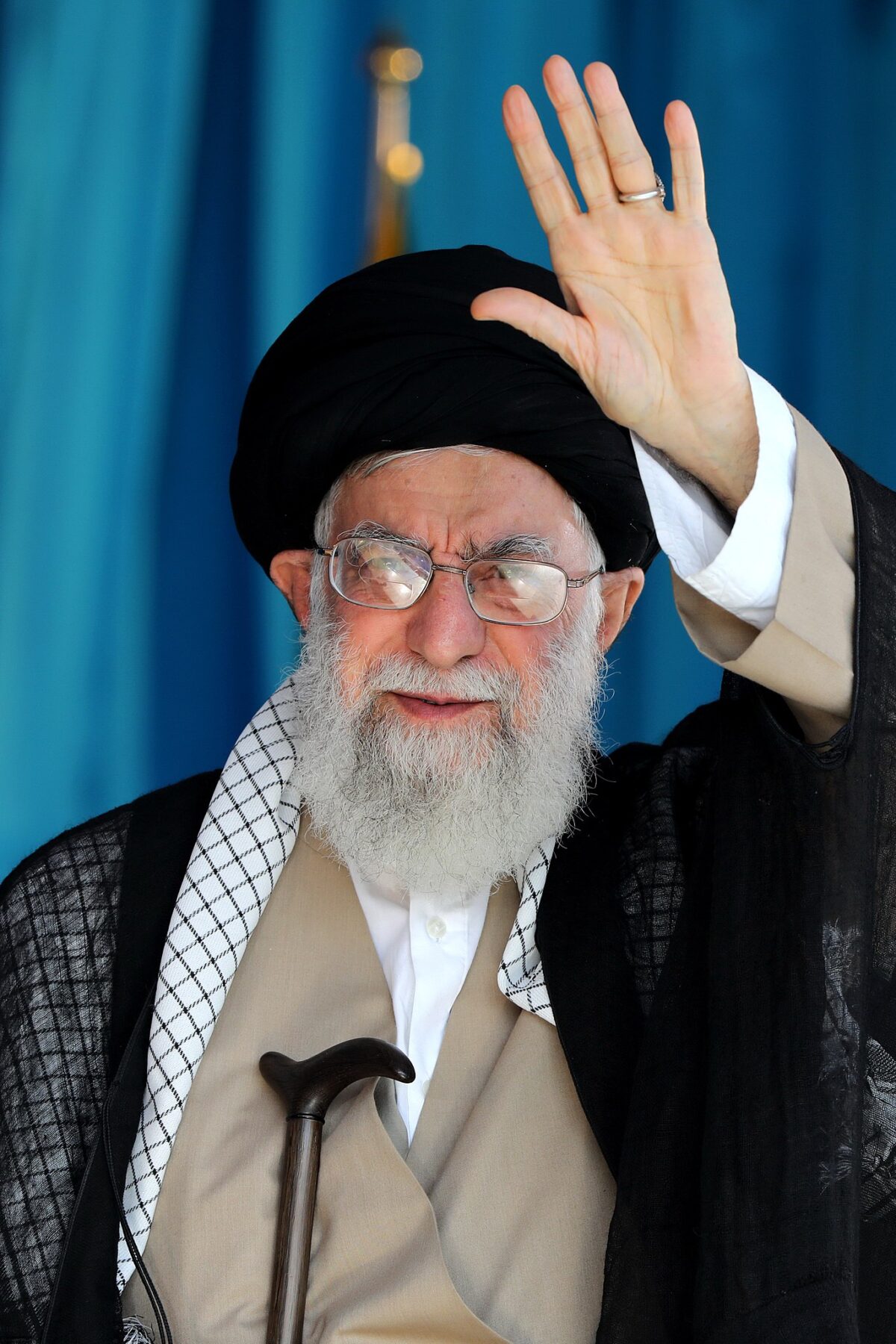No irrefutable evidence of Iran’s operational involvement in Hamas’ devastating attack on Israel on October 7 has so far emerged, notwithstanding a report in the Wall Street Journal that the Iranian regime assisted Hamas in planning it.
But analysts are certain that the onslaught — which caught Israel off guard and unprepared, caused the deaths of more than 1,000 Israelis and 800 Palestinians, and triggered the fifth cross-border war between Israel and Hamas — was encouraged and supported by Iran, Israel’s deadliest enemy.
The United States, Israel’s closest ally, believes that Iran was “broadly complicit” in the attack, which targeted 22 Israeli communities within a 24-kilometer radius of the Gaza Strip.
As President Joe Biden’s deputy national security advisor Jon Finer said on October 9, “What we can be quite clear about is that Iran is broadly complicit in these attacks for having supporting Hamas going back decades. They have provided them weapons … training (and) financial support. What we don’t have is direct information that shows Iranian involvement in ordering or planning of the attacks … It’s something that we’re going to keep looking at closely.”
On October 10, Iran’s supreme leader, Ayatollah Ali Khamenei, denied involvement, but he claimed that Israel had been dealt an “irreparable” military and intelligence defeat.
“We kiss the hands of those who planned the attack on the Zionist regime,” he said, wearing a Palestinian scarf, in his first televised speech since more than 1,500 heavily-armed Hamas terrorists stormed into Israel, ramming through Israel’s high-tech border fence and crossing points. “This destructive earthquake (Hamas’ attack) has destroyed some critical structures (in Israel) which will not be repaired easily … The Zionist regime’s own actions are to blame for this disaster.”
Iran’s mission to the United Nations in New York City and the Iranian Foreign Ministry in Tehran have similarly rejected allegations that Iran played a central role in Hamas’ massive and savage assault, though they have praised it unstintingly.
Ali Barakeh, a Hamas official based in Lebanon, echoed this line when he said on October 9, “It was a surprise to everyone, including Iran. We did not inform (Iran) that there was an operation that would happen.”
Barakeh acknowledged that Iran has extended assistance to Hamas in the past, but insisted that only six top-ranking Hamas commanders had prior knowledge of the attack. He denied reports that Iranian security officials, in a meeting with Hamas leaders in Beirut last week, issued an order to launch the attack.
True or not, the fact remains that Iran is deeply enmeshed in Palestinian affairs and has an extensive strategic relationship with Hamas and particularly Islamic Jihad, both of which call for Israel’s destruction.
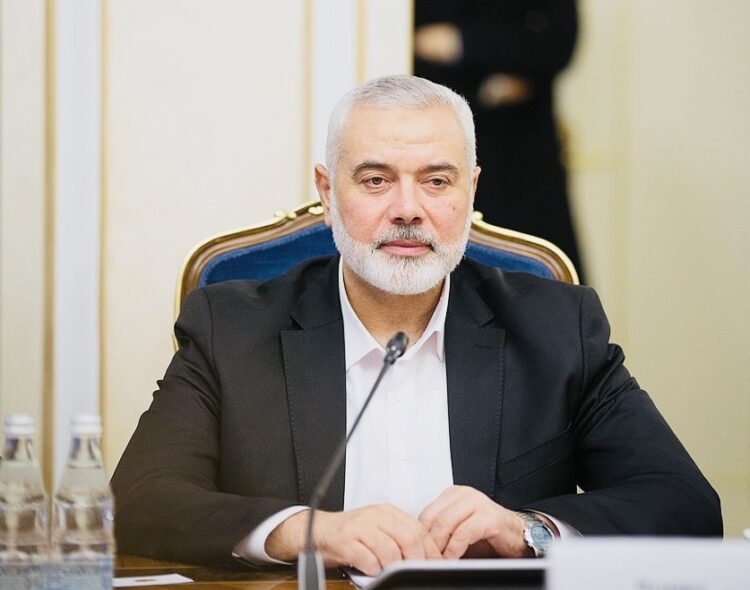
Ismail Haniyeh, a senior Hamas leader, has admitted that Iran channeled $70 million worth of aid to his organization last year.
According to the U.S. State Department, Iran provides Hamas, Islamic Jihad and the Popular Front for the Liberation of Palestine: General Command with about $100 million annually.
Iran has extended technical help to Hamas in the manufacture of rockets, guidance systems and armed drones.
Since the latest war erupted, Hamas has fired about 4,000 rockets and mortars toward Israel, the majority of which have been intercepted by Israel’s Iron Dome missile defence system. Today, however, two foreign workers in Southern Israel were killed when struck by rocket shrapnel.
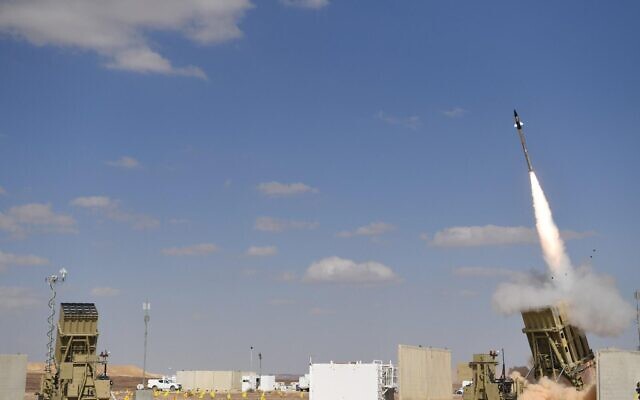
Iran, too, has advised Hamas in military tactics. Hamas’ ground offensive into Israel was complex and sophisticated. Streaking fearlessly across Israel’s border in trucks, motorcycles and motorized paragliders under the cover of an intense rocket barrage, Hamas terrorists struck their intended targets with precision in coordinated attacks that bore the hallmarks of Iranian tactics. In the process, they committed appalling atrocities synonymous with war crimes.
Iran’s long-term intention is to confront Israel through dedicated proxies such as Hamas, Islamic Jihad and, of course, Hezbollah, the Lebanese Shi’a militia.
Hezbollah fought a month-long war with Israel in 2006 and has engaged Israel in numerous border skirmishes since then, including a clash yesterday during which two Israeli soldiers and a lieutenant-colonel, a Druze, were killed.
Iran’s strategy is to confront Israel on different fronts in an attempt to sap its energy and degrade its resilience.
Iran and Israel have been bitter enemies since the 1979 Islamic revolution. Since then, Iran has relentlessly plotted to weaken and diminish Israel by every means available.
Israel is especially concerned by Iran’s nuclear program and its efforts to entrench itself militarily on the Syrian side of the Golan Heights. In recent years, Israel has sabotaged Iranian nuclear facilities, killed several of its scientists, and bombed Iranian military facilities in Syria.
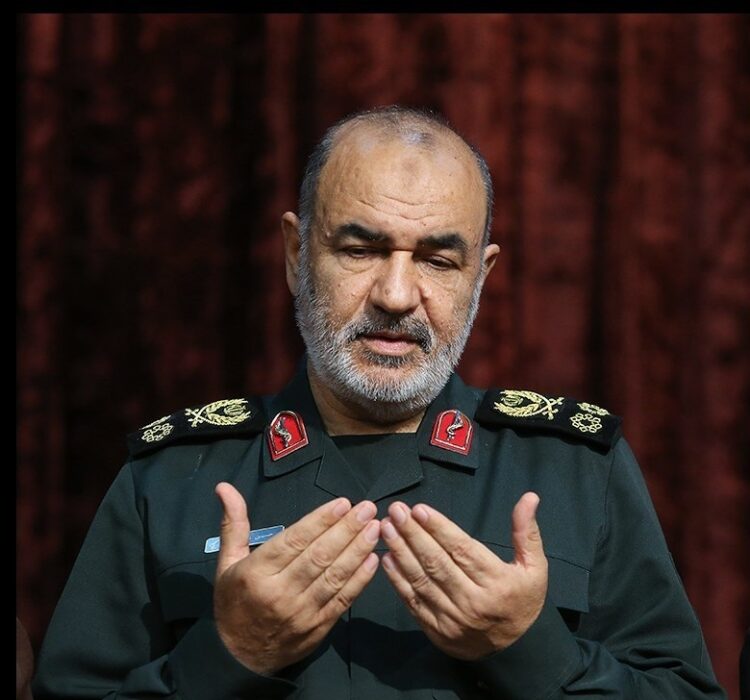
Iranian officials have often hurled threats at Israel. Most recently, the commander of Iran’s Islamic Revolutionary Guards Corps, Hossein Salami, threatened to “cut short” Israel’s existence after the director of the Mossad, David Barnea, warned that Iranian attempts to kill Israeli tourists abroad would be met with an Israeli response targeting Iranians in “the highest echelon.”
Not surprisingly, Iran has denounced Israel’s success in forging relations with Arab countries such as Bahrain, Morocco and the United Arab Emirates and warned Saudi Arabia not to normalize ties with Israel.
On October 1, Iranian President Ebrahim Raisi said, “Normalizing relations with the Zionist regime is a reactionary and regressive move by any government in the Islamic world.”
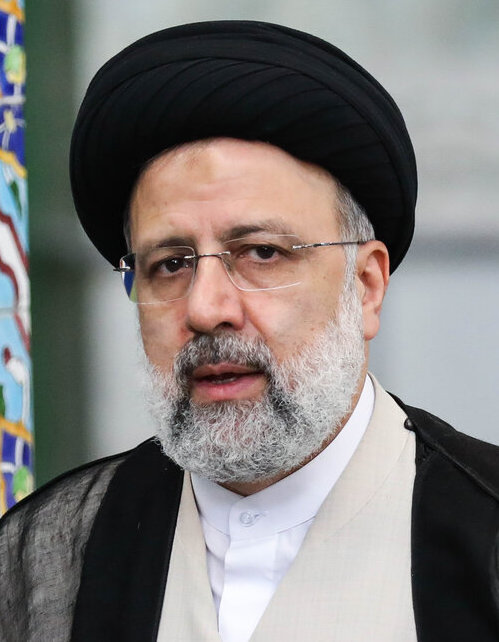
On October 3, Ayatollah Khamenei warned that Muslim countries that establish formal relations with Israel are “betting on a losing horse” and “will incur losses.”
Iran is convinced that Israel is a passing phenomenon in the Middle East and will disappear one day, but what is far more likely is that the dictatorial Islamic regime in Tehran will vanish into the mists of history sooner rather than later.
